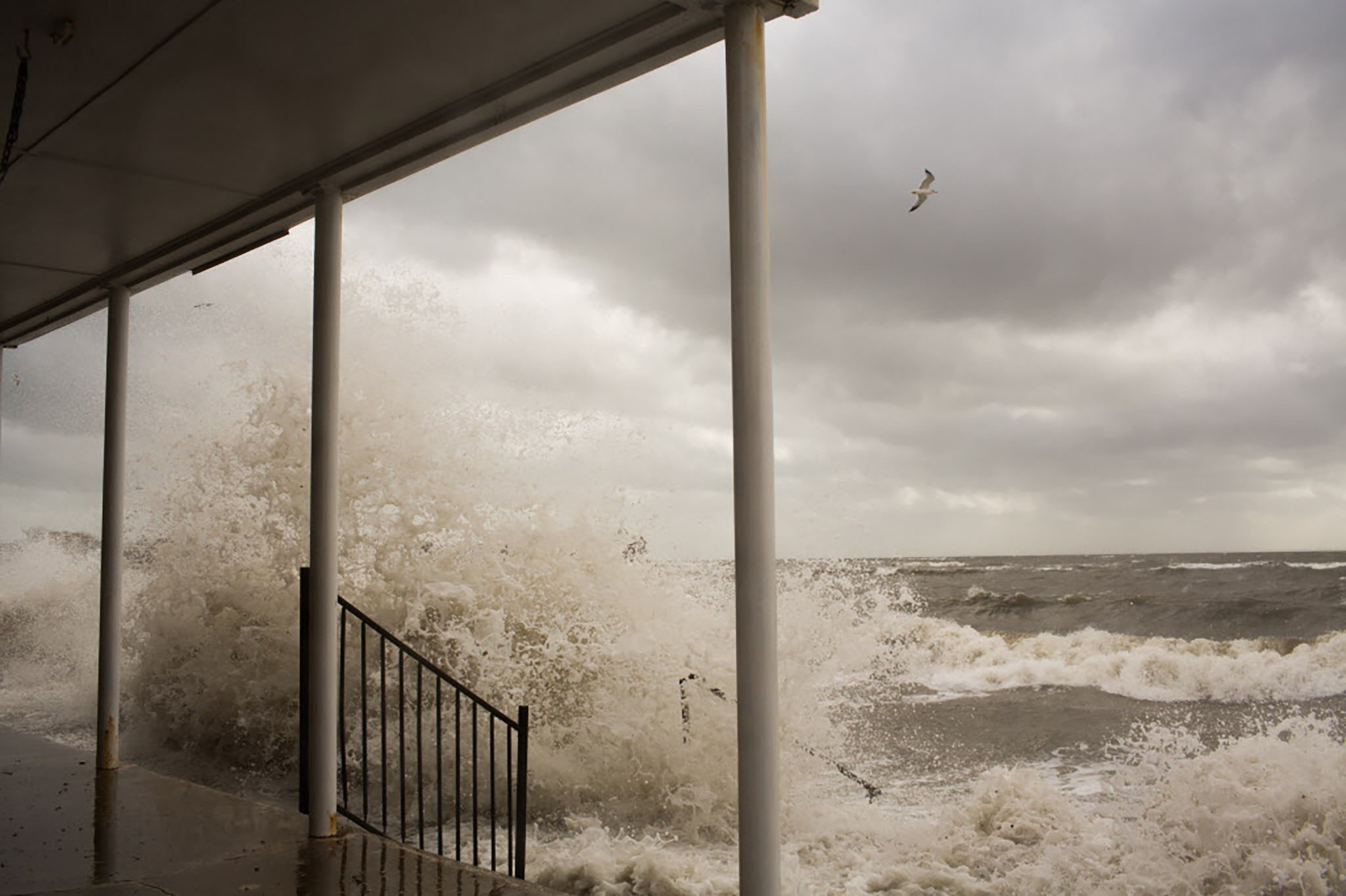NYTimes: A billion-dollar program to protect cities from climate change is at risk of failing because of the pandemic.
Connecticut is preparing to build a first-of-its-kind underground flood wall. Virginia has planned an intricate system of berms, pump stations and raised roads to keep the flood-prone city of Norfolk dry. Louisiana has broken ground on a new community for people forced to flee a village on its sinking coast, the country’s first government-resettled climate migrants.
Projects in 13 cities and states, which were part of the Obama administration’s push to protect Americans from climate change after the devastation from Hurricane Sandy, are now in jeopardy because of the coronavirus pandemic, state and local officials warn. And they need Republicans in Congress to save those projects.
On Monday, officials are expected to tell lawmakers that the coronavirus will prevent them from meeting the conditions of a $1 billion Obama-era program for large-scale construction projects that defend cities and states against climate-related disasters. That money must be spent by the fall of 2022.
Missing that deadline, which officials say is likely because of delays caused by the coronavirus, would mean forfeiting the remaining money, scuttling the projects. States and cities have been moving swiftly in the design phases and to secure permits since the Obama administration awarded the funds in 2016. Officials will ask Congress to extend the deadline for construction by three years, according to a copy of the letter obtained by The New York Times.
“Without an extension, any funds not spent by the deadline will be canceled and projects will remain unfinished,” the letter reads.
“These projects are absolutely critical for bolstering our defenses against future disasters,” said Jainey Bavishi, director of the Mayor’s Office of Resiliency in New York City, which got $176 million to build gates along the East Side of Manhattan that would flip up to protect people and buildings during a storm or flood, and be used as recreational space the rest of the time.
The rush to save the program is the latest example of how the pandemic has disrupted American climate policy.
The Trump administration has used the virus to justify relaxing rules for polluters, despite concerns that air pollution may worsen people’s risk of dying from Covid-19. The virus has also exposed weaknesses in American disaster response because emergency managers cannot deploy staff as usual or operate normal evacuation shelters. And the economic fallout has forced cities to cut budgets for their own climate-resilience projects. Read more>>

